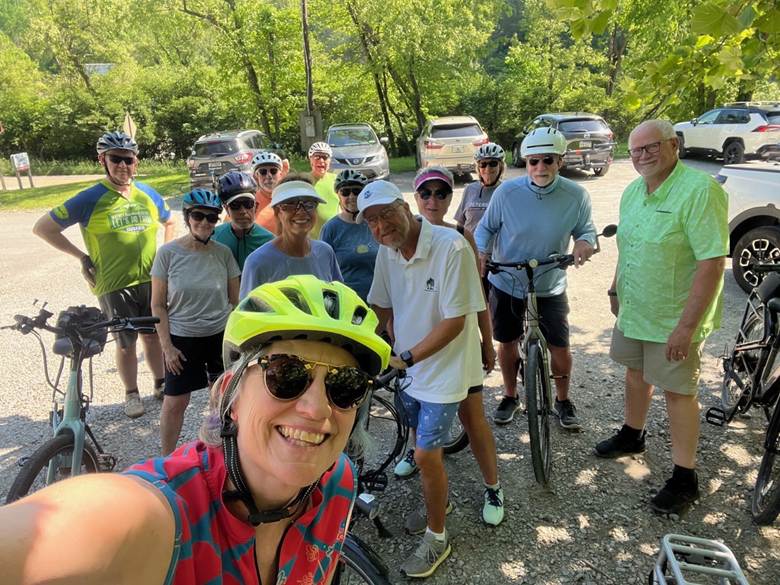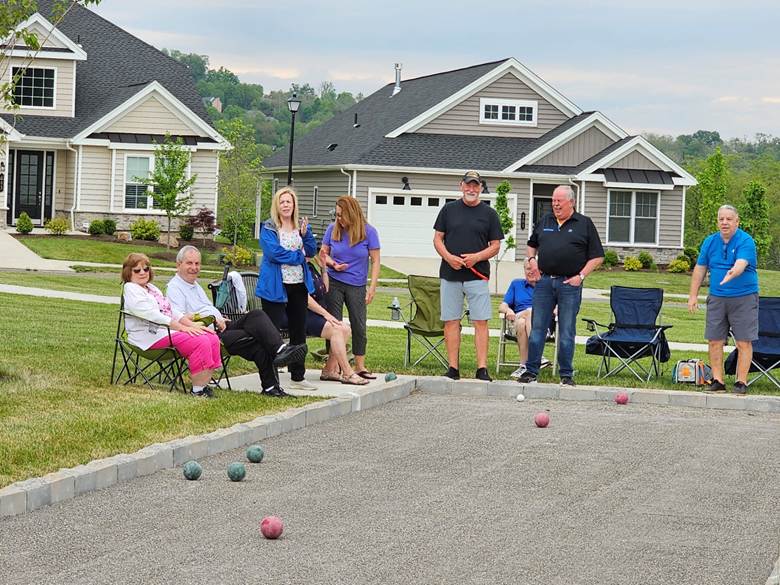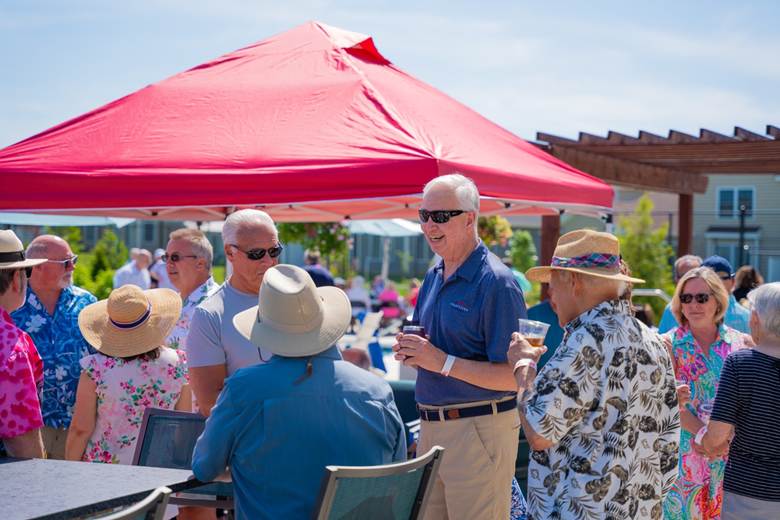
As we approach our 50s, the desire for a fulfilling, dynamic lifestyle becomes increasingly important. For many, finding a place that balances comfort, convenience, and opportunities for social engagement is a key consideration. 55+ communities are designed to offer just that, providing an environment that caters to individuals who seek an active, vibrant, socially enriched life. These neighborhoods are about embracing a lifestyle that promotes well-being, connection, and personal growth.
The following article explores the social benefits of living in a wellness-focused, age-restricted neighborhood, focusing on how these environments foster relationships, encourage a sense of belonging, and create opportunities for new experiences. Whether it's through community events, shared hobbies, or easy access to local amenities, homeowners are creating a lifestyle that nurtures both personal and social growth.
One of the primary social benefits of living in an active environment is the sense of fellowship it fosters. For many people, moving to a new place can feel daunting, especially if they are leaving behind familiar surroundings. However, active adult communities are specifically designed to create spaces where individuals can connect with others who share similar interests, values, and life stages. This connection is not just about physical proximity but also about emotional and social resonance.
Homeowners often find that they quickly become part of a supportive, tight-knit network. With organized events, group activities, at the clubhouse, there's always an opportunity to meet neighbors and build friendships. Whether it's a casual chat over coffee, joining a group exercise class, or attending a weekend BBQ, these small interactions help foster a sense of belonging that are hard to find in other living situations. Being part of a community that shares your interests and lifestyle goals can create a feeling of connection that enhances overall life satisfaction.
As we age, forming new friendships can become more challenging. Active adult communities provide a built-in social structure that makes it easier to meet people and develop friendships based on shared experiences.
Additionally, they offer a wide range of recreational activities, such as book clubs, art classes, hobby groups, and leisure sports, where people can find others with similar passions. These activities create natural conversation starters and create connections that go beyond surface-level interactions. Whether it’s bonding over a love of photography or participating in a friendly billiard competition, these shared interests can serve as a foundation for long-lasting connection.

Prioritizing your health and wellness is the key to living life to the fullest. Whether you’re into yoga, morning walks, or hitting the gym, age-restricted communities are designed to support an active, vibrant adult lifestyle, making it easier than ever to stay fit, energized, and connected.
More importantly, these wellness opportunities often bring people together. For example, group fitness classes and walking clubs offer a perfect opportunity to exercise while also socializing with neighbors. The sense of accomplishment that comes from participating in physical activities can help build bonds, and the shared pursuit of a healthier lifestyle creates common ground for conversations.
Active adult communities are known for their variety of organized activities and events, which can be a huge draw for individuals seeking social interaction. This creates countless opportunities to get involved and meet new people.
The beauty of these events is that they cater to a broad range of interests and preferences, ensuring that there’s something for everyone. Not only does this help individuals stay engaged, but it also provides a natural venue for socializing. It’s much easier to strike up a conversation with someone at a neighborhood outing than it would be in a more isolated living situation.
Living in a wellness-focused neighborhood can also be a great way to expand your network and pursue personal growth. These communities often attract a diverse range of people with different skills, careers, and life experiences, which provides a unique opportunity for learning and professional development. Neighbors may find that they can tap into the knowledge and expertise of others, whether it’s learning a new skill, starting a business, or gaining advice about personal projects.
It’s not uncommon for people to pursue second careers or entrepreneurial ventures later in life, and being part of a community that encourages personal development can provide valuable support and resources.
Another appealing aspect is the reduced maintenance required for homeowners. With lawn care, snow removal and other services included, this allows individuals to enjoy their homes without worrying about the upkeep. This means that you can spend more time engaging in social activities, participating in events, or pursuing hobbies and interests.
The low-maintenance lifestyle allows for greater flexibility and freedom, creating more opportunities to connect with others without being bogged down by mundane responsibilities. When you spend less time on household chores, you gain more freedom to focus on what truly matters - building meaningful connections, joining in community events, and fully embracing an active, social lifestyle.

Active adult communities naturally draw like-minded individuals who are energized, socially engaged, and eager to make the most of every day. This creates a vibrant, welcoming atmosphere full of connection, activity, and shared enthusiasm. The events, amenities, and opportunities for interaction encourage individuals to step outside their homes and engage with their neighbors, creating a thriving social network.
The social benefits of living in an active adult community are extensive and varied. From forming new friendships and engaging in shared activities to accessing wellness resources and pursuing personal growth, these neighborhoods offer a unique environment for people who want to live an active and fulfilling life. The connections made often last a lifetime, enhancing not only social well-being but an overall quality of life.